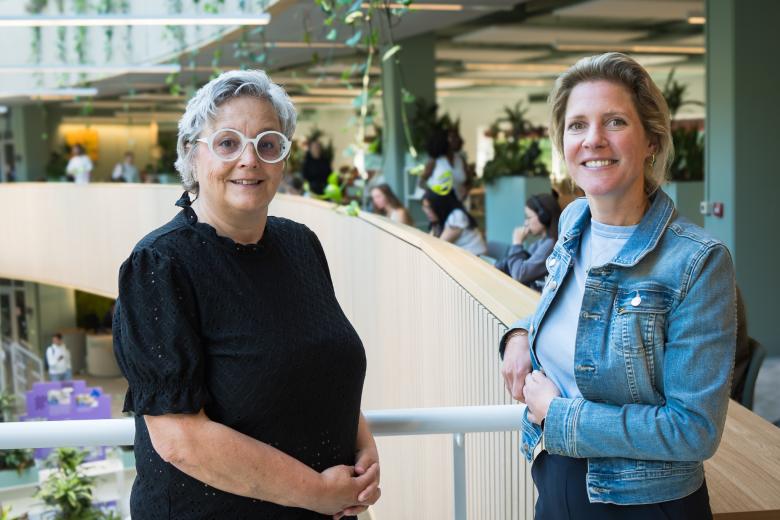Available instruments to measure cost and quality of life in the youth sector
The aim of the current study was to provide an overview of available instruments to measure cost and quality of life in the youth sector as descripted in the ZonMw approved project (729300201).
From the meta-reviews a total of 23 QoL instruments and 20 costing instruments were identified. In a next step the psychometric properties of these questionnaires were mapped. Concerning QoL instruments, a reasonable amount of studies investigated psychometric properties (195 studies), but much less research was available into the psychometric properties of costing instruments (32 studies).
The types of psychometric properties that were assessed were also different; for both types of instruments research on psychometric properties mainly concerned feasibility, hypothesis testing and reliability. Instruments measuring QoL were more often judged on internal consistency, structural validity and content validity, compared to costing instruments. For both types of instruments, very little or no research was performed into measurement error, criterion validity, cross-cultural validity or responsiveness. Cross-cultural validity and measurement error were even completely absent in the psychometric research of costing instruments.
Next to the psychometric properties the completeness of the instruments turned out to be an issue, there is for instance no single QoL or costing instrument that includes all domains/ (cost) items which are relevant of psychosocial care in youth. Furthermore, not one instrument is applicable for children/adolescents of all ages.
Together, this leads to the conclusion that it is difficult to recommend one single QoL or costing instrument. Awaiting further instrument development, in order to support the choice of a QoL or a costing instrument, a decision aid has been developed in this study.
Also read
-
Randwyck Library and the river of knowledge
Monique Notermans and Meike Kerkhofs-Welkenhuizen witnessed the vision behind a modern library come to life.

-
Is the risk of cancer the same for everyone?
Valery Lemmens (GROW) conducts research on cancer, prevention, and how society is designed for making unhealthy choices.

-
Most prestigious European grant to two UM scientists
Two Maastricht University professors are to receive the most prestigious European research grant for individual researchers: an ERC Advanced Grant, worth over €2.5 million. They are Lorenzo Moroni (MERLN) and Alexander Sack (FPN).
